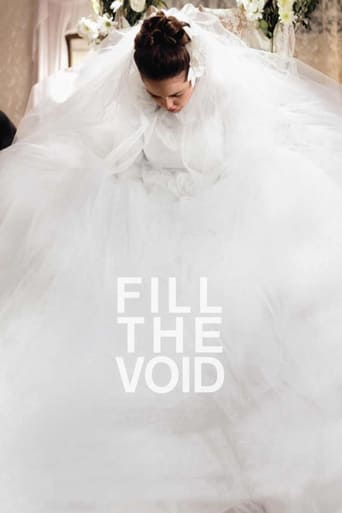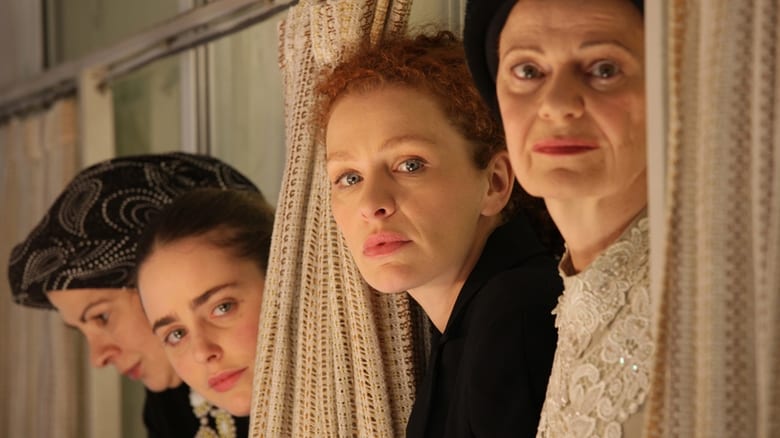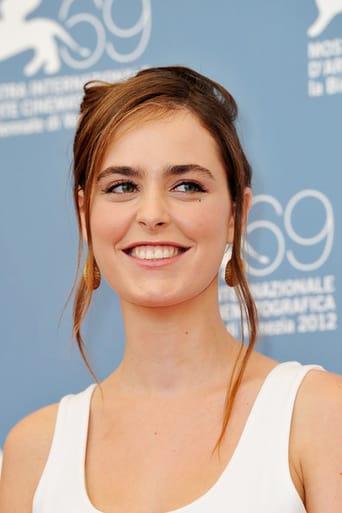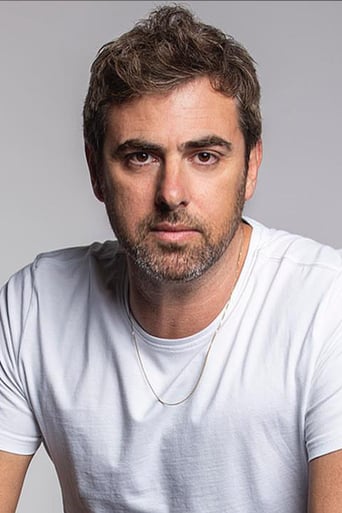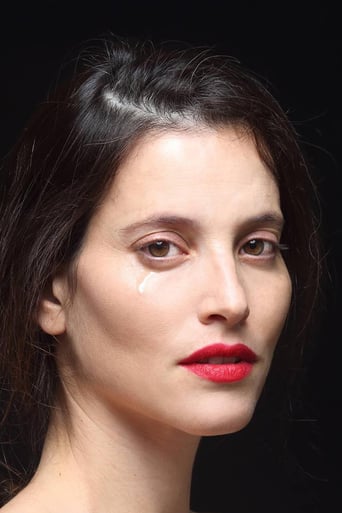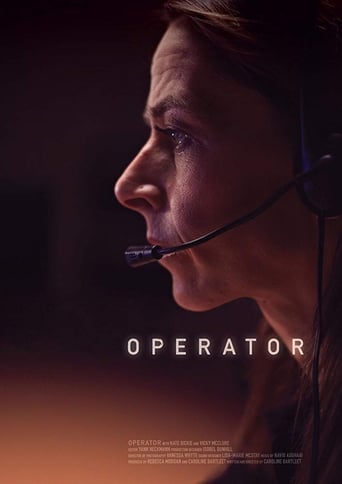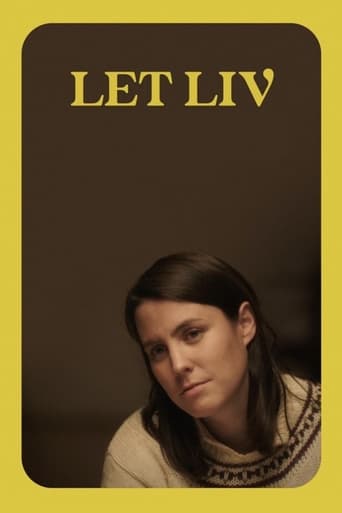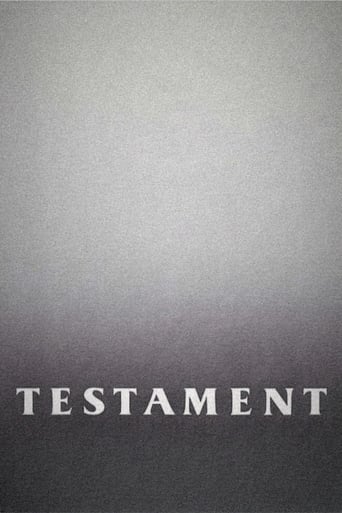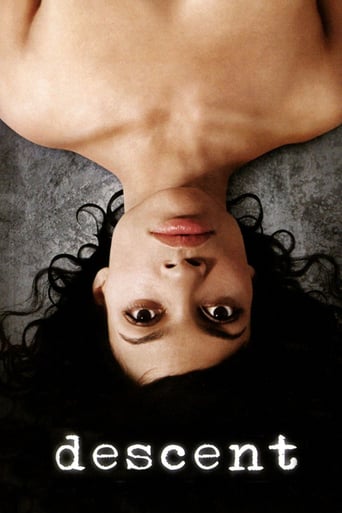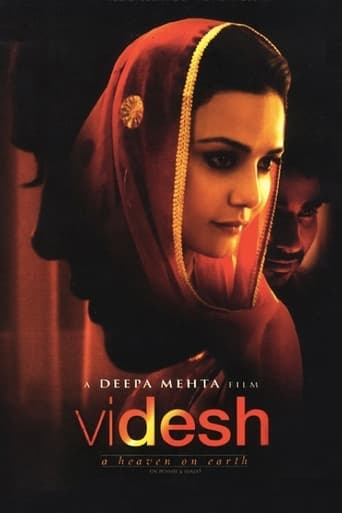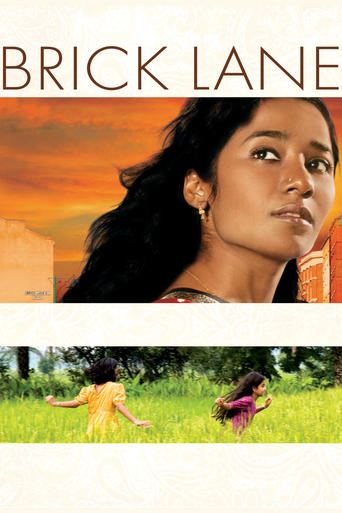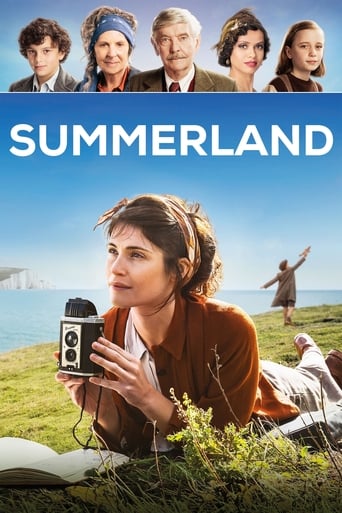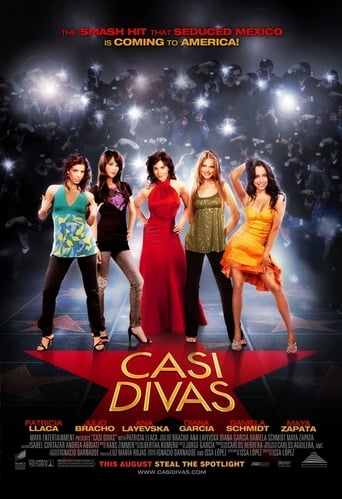Fill the Void (2012)
Eighteen-year-old Shira is the youngest daughter of the Mendelman family. She is about to be married off to a promising young man of the same age and background. It is a dream come true, and Shira feels prepared and excited. On Purim, her twenty-eight-year-old sister, Esther, dies while giving birth to her first child, Mordechay. The pain and grief that overwhelm the family postpone Shira's promised match. Everything changes when a match is proposed to Yochay-Esther's late husband-to a widow from Belgium. Yochay feels it's too early, although he realizes that sooner or later he must seriously consider getting married again. When the girls' mother finds out that Yochay may marry the widow and move to Belgium with her only grandchild, she proposes a match between Shira and the widower. Shira will have to choose between her heart's wish and her family duty. She will find out that the void which she must choose exists only within her heart.
Watch Trailer
Cast


Similar titles
Reviews
Memorable, crazy movie
It's the kind of movie you'll want to see a second time with someone who hasn't seen it yet, to remember what it was like to watch it for the first time.
It really made me laugh, but for some moments I was tearing up because I could relate so much.
The movie's not perfect, but it sticks the landing of its message. It was engaging - thrilling at times - and I personally thought it was a great time.
One reason to view FILL THE VOID, written and directed by Rama Burshtein, is the opportunity to view the clothing, the mannerisms, the singing (endless), and the other unique characteristics of Israel's ultra-Orthodox Hasidic community. For those who have never witness this spectrum of Judaism it is an eye-opening experience: religious law, tradition and the rabbi's word are absolute. Marriages are arranged and a woman's outside options are limited, as marriage is a central and crucial moment in their lives. Matches are arranged, decisions about whom to marry are critically important, but apparently the woman always has the right to turn down a prospective suitor. Of importance to note, Rama Burshtein comes form this community and her understanding of all the permutations is obvious.Shira (Hadas Yaron), a devout 18-year-old Israeli, has come of age and is considering marriage, having met her first serious suitor Yossi (Ido Samuel). Shira's eldest sister Esther (Renana Raz) suddenly dies in childbirth leaving her grieving husband Yochay (the very handsome and talented Yiftach Klein) with a son and no mother to care for the infant. Despite his grief (and the grief of Shira's parents - Irit Sheleg and Chayim Sharir) Yochay decides he must marry. Shira's other sister Frieda (Hila Feldman) declares that Esther had informed her that should anything happen to Esther, Frieda should marry Yochay. Shira's mother, afraid that Yochay will take the offer from a Belgium woman to marry and thus move away with her grandson from Tel Aviv, encourages Shira to marry Yochay. Shira is conflicted, gains support from her armless unmarried aunt Hanna (Razia Israeli) who knows that in this community a woman MUST be married, and after much discussion among the Rabbi (Melech Thal) and the family and Yochay and Shira, a conversation between the couple seals their fate.The acting is excellent, the cinematography often times seems flooded with light and slightly out of focus as if taken through layers of wedding veils (!), the costumes are amazing even they are the usual dress mode of this Hassidic community, and the attention to detail of such moments as Purim and Shabbat are immaculate. The seemingly endless amount of singing by the men does grow a bit wearisome and covers dialogue at times, but this is a fresh and fascinating view of love, traditions, and laws and the still viable personal choices in this colorful community. In Hebrew with English subtitles. Grady Harp
Put aside what you think you know or don't know about the inner world of an orthodox Chassidic community in Tel Aviv, and let Rama Burshtein weave a story that is believable, engrossing, and rich with nuance and subtlety... the timeless themes found in a community which lives in the past, the excellent acting, direction and casting, will have you quickly absorbed in this terrific film.If you are looking to vent your critique or holier than thou judgments of Jewish Orthodoxy, you may feel a bit humbled by the humanity found behind the long dresses, black robes and covered heads. The portrayal of the rabbi is an especially tender reflection of some one who is indeed spiritual, in the most human sense.
For those who are inclined to seek their pound of flesh from the extremely pious devotees of religion, director Rama Burshtein's intense dissection of how an Israeli Hasidic family copes with a domestic tragedy, may seem to be a just critique of religious extremism in general. But as a member of such a community, Ms. Burshtein's intent is not to criticize such a community but to show its humanity, warts and all.'Fill the Void' begins as we're introduced to the larger Hasidic Jewish community during the Festival of Purim. As the Bible says, 'Be fruitful and multiply'; as a result, Hasidic families usually end up having large families. It's a 'Mitzvah' for the head Rabbi to dole out wads of cash to the fathers who are having a hard time trying to pay the bills, given the numbers of children involved. But not all the issues involve economic need; one man complains about his 'mentally ill' wife. The Rabbi's solution: more cash. The man shoves the money back in protest and it's obvious that the head Rabbi's solutions can't always revolve around financial remuneration.The focus of 'Fill the Void', is the upper middle class Hasidic Mendelman family from Tel Aviv. The father is a kindly man, Rabbi Aharon, who's married to Rifka. The break into the second Act occurs when their 28 year old daughter, Esther, dies in childbirth, after giving birth to a son, Mordechay. After the funeral, the son-in-law, Yochay, is hesitant to accept an offer to marry a widow in Belgium, and bring the newborn with him to a foreign country. Rifka's solution is to try and convince her surviving 18 year old daughter, Shira, to marry Yochay, and become a good mother to Mordechay.Shira, a sensitive but tough soul, was expecting to be matched up with a young man her age. The idea that she should shack up with her brother- in-law, is repugnant to her, not only because of the subtle feeling that such an act is incestuous but because she's being robbed of the opportunity of experiencing being a newlywed with a partner who's also going in completely fresh.While Yochay has his doubts, things become more complicated when Shira insists that an older family friend, Frieda, would be a better match for her brother-in-law. Yochay is insulted but soon comes around to the idea of marrying the much younger Shira, at the strong urging of Shira's mother, Rifka.The pressure on Shira is subtle but Ms. Burshstein makes it clear that Shira is never forced into anything. When they go before the head Rabbi who asks Shira what are her "feelings" about her pending decision, Shira claims that it's not a "matter" of feelings but rather, a matter of expediency. Quoting the famed Rabbi Nachman, the head Rabbi, calls the wedding off as he realizes Shira's motivations for this marriage are negative. This decision plunges Shira's mother into despair.Shira eventually changes her tune. One factor is that she finally gets to meet the young man she originally was betrothed to. He turns out to be a complete dud. And then after she meets with Yochay again, he shows her his sensitive side, breaking down over his wife's recent death and trying to cope with all the pressure. Shira eventually changes her mind, recognizing that Yochay is worth shacking up with. Not only is it now for the good of the child but, she will go into this union with genuine affection for her brother-in-law.Ms. Burshstein paints a portrait of a community that also has its share of outsiders, peripheral characters who must find a way to fit into the insular community, despite having handicaps or flaws. One such character is Rifka's sister, Shira's aunt, who has no arms and never married. We're also introduced to a lonely widow, who interrupts the head rabbi by lamenting that she doesn't know how to choose a suitable oven for her kitchen.All the performances in 'Fill the Void' are spot on, particularly Hadras Yaron, as the tough as nails teenager, Shira and Yiftach Klein, as the sensitive and thoughtful brother-in-law, Yochay.Critics of religious fundamentalism may still interpret 'Fill the Void' in their own way. At first glance, the rules by which this community live by, seem awfully restrictive, particularly the way in which children are married off and women can't participate in the rituals, in the same joyous way, the men do. Nonetheless, Ms. Burshtein, through her sensitive story, proves that this community is a lot more open, than the average person gives them credit for.
Israel's official entry to the Oscars this year is probably too minimalistic and low-key to make it to the final five, but it's a film well worth watching and is in fact one of the best films I've seen so far emerge from the growing Israeli cinema. Fill the Void is of particular interest to Israeli viewers because it's a rare window into the very closed-community lifestyle of the Orthodox Jews, giving very rare insight as the film was made by an Orthodox director but with a secular audience in mind, which is something never seen before. For foreign viewers too, it may be a fascinating glimpse into an anachronistic, static religious community that hardly ever opens itself up like this to the general public.Cinematically, Fill the Void is startlingly minimalistic; the story is a very brief glimpse into a very simple lifestyle. The gorgeous cinematography compliments that, constantly focusing on the contrast between Hadas Yaron's white face, the black clothing and the gray-brown backgrounds, but with a soft focus that makes it very easy to get lost inside. The cinematography itself is so aesthetic that it often conceals just how simple the story and the characters are - the film revolves around one moral question without giving too much insight into the thought processes of any of the characters. Its real achievement however is in enabling the viewer to be immersed in the environment and the lifestyle of a culture so different from what we're used to, and in that sense it's a triumph.

